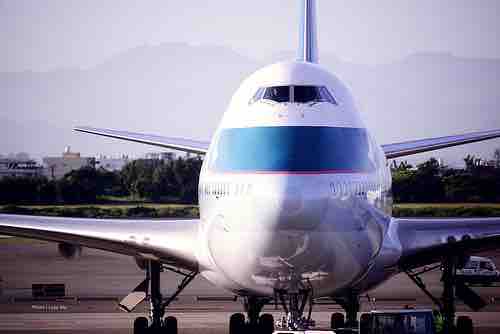Environmental Management
There are three types of companies: those who make things happen, those who watch things happen, and those who wonder what happened.
Some companies treat the external marketing environment as if it were an uncontrollable force. As there is nothing they can do to change it, their choice is to sit on the sidelines and either let it overtake them (and then wonder what happened afterwards) or adapt to the changes it leaves in its wake. Those who try to adapt will use tools to analyze the changes and then design strategies that will help the companies take advantage of any opportunities that may arise, while avoiding the threats.
Other companies, however, take the reins. They take the environmental management view. Instead of doing nothing or reacting to change, companies with this perspective take actions to influence their marketing environment.
You find these companies:
- Hiring lobbyists to influence legislation that's related to their industry;
- Putting on media events in an effort to get good press;
- Running advertorials in an effort to shape public opinion;
- Filing lawsuits and complaints to keep competitors in line; and
- Forming contractual agreements in an effort to have better control over their distribution channels.
Cathay Pacific Airlines is an example of a company that chose to manage their external environment even though it seemed to some people that the situation was totally out of their control. Here's what happened.

Cathay Pacific
Cathay Pacific Airlines has successfully managed changes in their external environment.
The airline realized that they were suffering because travelers where making a conscience effort to avoid flying through Hong Kong due to long delays at immigration. Instead of just throwing their hands up and living with the situation, the members of the airline senior staff worked with the Hong Kong government to figure out how to avoid the delays.
The solution? Cathay Pacific agreed to give the government an annual grant-in-aid so that more immigration inspectors could be hired. But these inspectors weren't to be placed just anywhere. The extras primarily served Cathay Pacific gates. So not only did the airline solve the problem, it also created a competitive advantage.